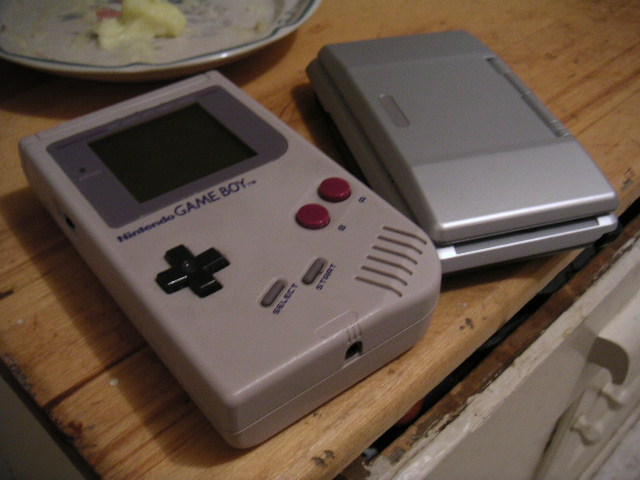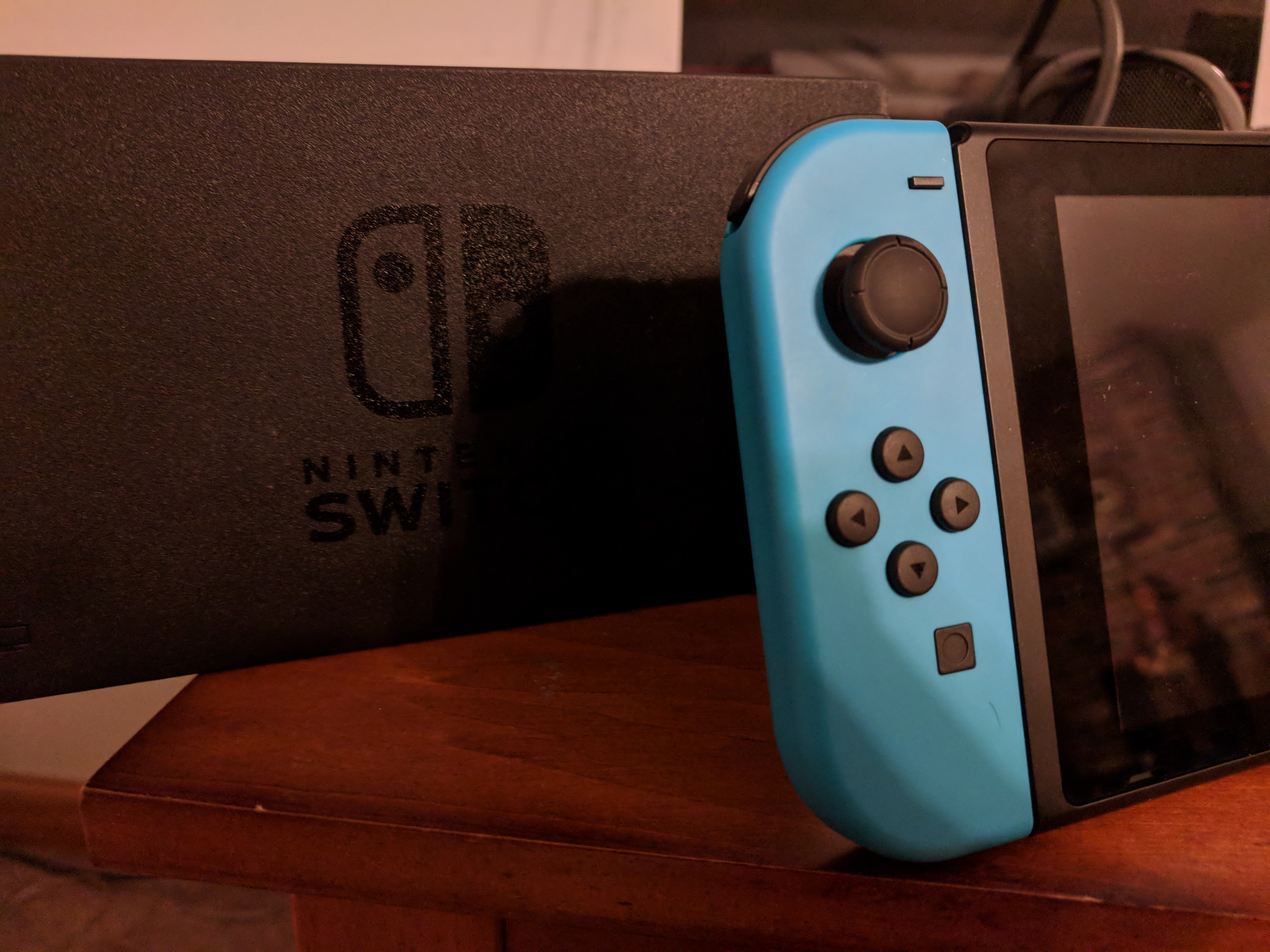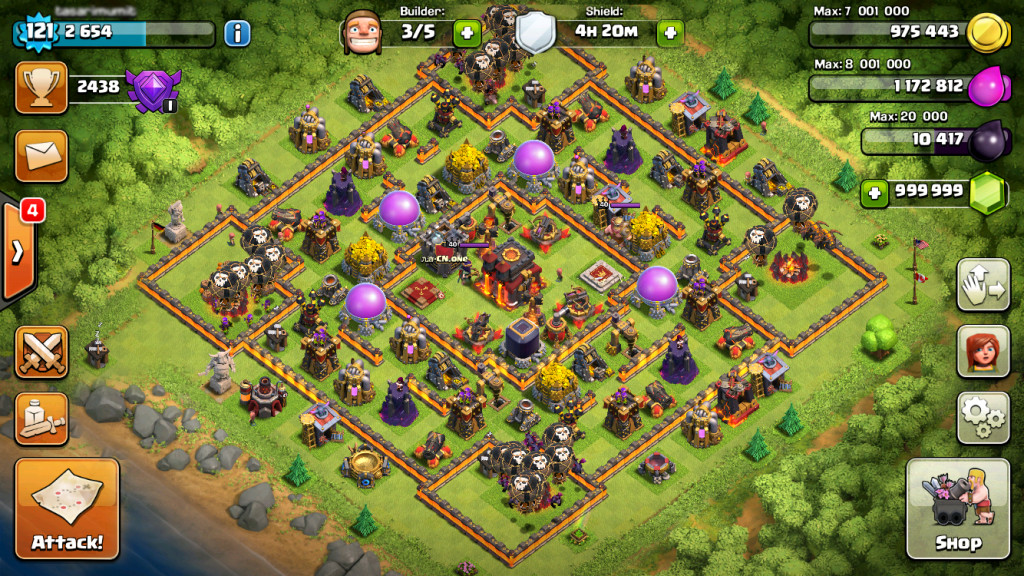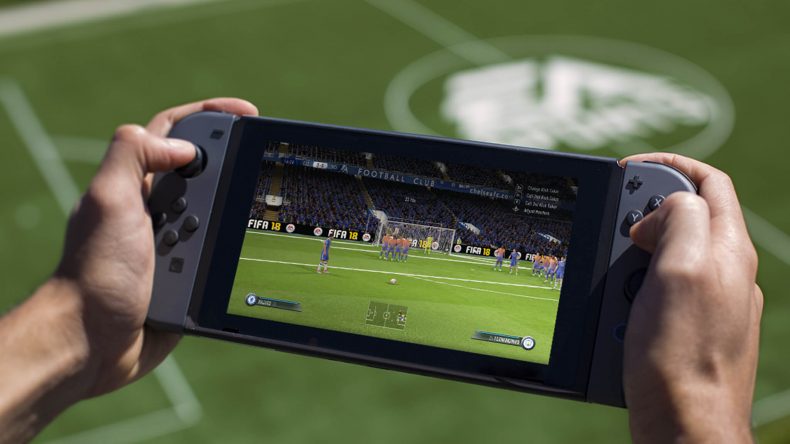Nintendo’s Game Boy was a revelation in personal entertainment, first released in 1989. Due in no small part to its combination with Tetris, a game which was a perfect fit for the little gadget, the handheld shifted the entire trajectory of the gaming market. Combined with the Game Boy Colour, these sold a total of over 118 million units over their ten-year life-span. While there were originally many competitors and imitators trying to get in on the action, recent history has left us with only one currently active company majoring in these systems, and that is again that of Nintendo. So, what does this mean for future handheld gaming, and how has the gaming landscape changed to accommodate these changes?

“PICT0040gameboyz” (CC BY 2.0) by starpause kid
Popular, But Not Populated
Anybody going up against the Game Boy was going to have a tough time. There were dozens of attempts over the years, from 1990’s Sega Game Gear to the Neo Geo Pocket, released in 1998, but none of these managed to depose the king. The best example we’ve seen in the recent years was the attempt by Sony with the PSP, which saw a lot of success. Its follow-up, the PSVita, however, marked a heavy downward shift in popularity.
Over the years, Nintendo had kept its handheld market running strong, with updates in the forms of the GBA, DS, and 3DS ensuring consumer awareness. This was aided by the enormous library of fantastic games for the device, both from within Nintendo and by third-party publishers. They dominated the market, and nobody else could get a foot in the door.
The Difference of Today
Not one to stick to a standard game-plan, Nintendo is well-known for branching out when it comes to their console and handheld technology. Their most recent entry, following the ambitious but ultimately unpopular Wii U, is the Switch, which was itself informed by the failures of its predecessor. This combines the idea of traditional consoles and handheld devices into one, leaving us to wonder exactly where they stand with their dedicated handhelds. It seems unlikely that Sony and Microsoft, as dedicated to graphical prowess as they are, would make a similar move with their flagship consoles, and so far there have been no announcements of further forays by these two into the handheld market.
 “Nintendo Switch” (CC BY 2.0) by jjbers
“Nintendo Switch” (CC BY 2.0) by jjbers
The Switch itself stands apart from the prior handhelds from Nintendo, perhaps most obviously by the way of multiplayer. While multiplayer games have been incredibly popular on Nintendo handhelds for a long time now, Nintendo has only relatively recently expanded their online infrastructure into anything approaching useful. In a mobile environment, however, this faces additional challenges. Limitations on access are a constant problem with online connections, with people relying on finding VPNs from online sources like Best Online Reviews to circumvent the issues which are built into these devices.
On the other side of this coin, we have the recent domination of smartphones and the gaming apps which they run. These have expanded out of sight from the early games like Snake, and into enormous and complex projects like Clash of Clans which generate many millions in annual revenue. While the control systems of touchscreen devices are a bit clumsy for many applications and gamer’s both, we have already seen adaptors which add better input devices to these systems. While very different systems, these can operate as similar means of entertainment, which makes us questions the future of both these types of gaming.
 “clash-of-clans-6” (Public Domain) by throttlelwp44
“clash-of-clans-6” (Public Domain) by throttlelwp44
The Nintendo Phone? The Mobile Controller?
While it seems likely that controllers for cell phone-based gaming devices will become more popular over time, we have to wonder if Nintendo ever sees itself as pushing into the mobile market. While they have already seen considerable success in introducing their own phone apps like Super Mario Run, the question remains as to whether Nintendo will go all the way and license their own official devices. Perhaps they intend to stay the course and offer separate but popular creations, or maybe we will see another attempt by Sony, or a new attempt by Microsoft to better crack the market. Whatever the future may bring, we’re going to place our money on Nintendo doing something weird, and that something weird being incredibly popular. While the traditional market will have changed, and some components will have died, we expect the future of mobile gaming to be greater than ever.





